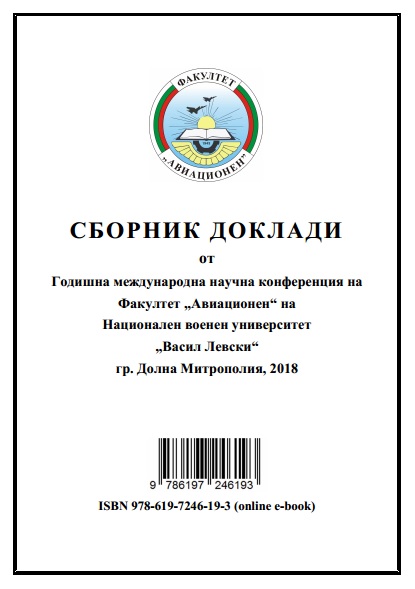EFL TEACHERS AS AGENTS OF CHANGE IN A GLOBALIZED WORLD
EFL TEACHERS AS AGENTS OF CHANGE IN A GLOBALIZED WORLD
Author(s): Benmoussat Smail, Benmoussat Nabil Djawad
Subject(s): Social Sciences
Published by: Сдружение „Академия за иновации и устойчивост“
Keywords: English language education; globalization; innovation and change
Summary/Abstract: The post-cold war period has witnessed an increased demand for English language education worldwide. In line with the imperative of quality education, the role of the EFL teachers as ‘agents of change’ has been brought to the forefront. In a globalized world, a radical shift from traditional methods to more learner-centered approaches becomes a sine qua non condition for success. Within the globalization framework, the role of the EFL teacher is seen as highly significant in terms of the successful implementation of innovation and change. If teachers want to act as effective “agents of change”, they need to modify their deadly routinized ways of teaching. Successful implementation of innovation and change cannot be achieved if teachers, not least the more experienced and long-servicing members of a teaching community, still cling tenaciously to their traditional-based teaching. Teachers are the linchpins in the implementation process, as it has been posited. The knowledge that they have and the beliefs that they hold about teaching and learning are likely to affect their abilities to adopt innovative approaches. Thus, it stands to reason that teachers are probably the people who can most powerfully and positively impact their learner’s lives. This puts a high premium on teacher’s roles and ethical responsibility within the community. It is in this context that the role of teachers as agents of change is significant; they must accept to become themselves learners of teaching and teachers of learning, and therefore incarnate the models who demonstrate flexibility and adaptability.
- Page Range: 391-397
- Page Count: 7
- Publication Year: 2018
- Language: English
- Content File-PDF

